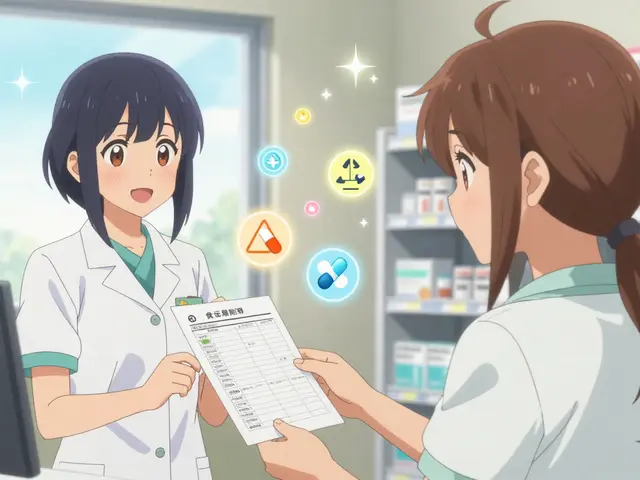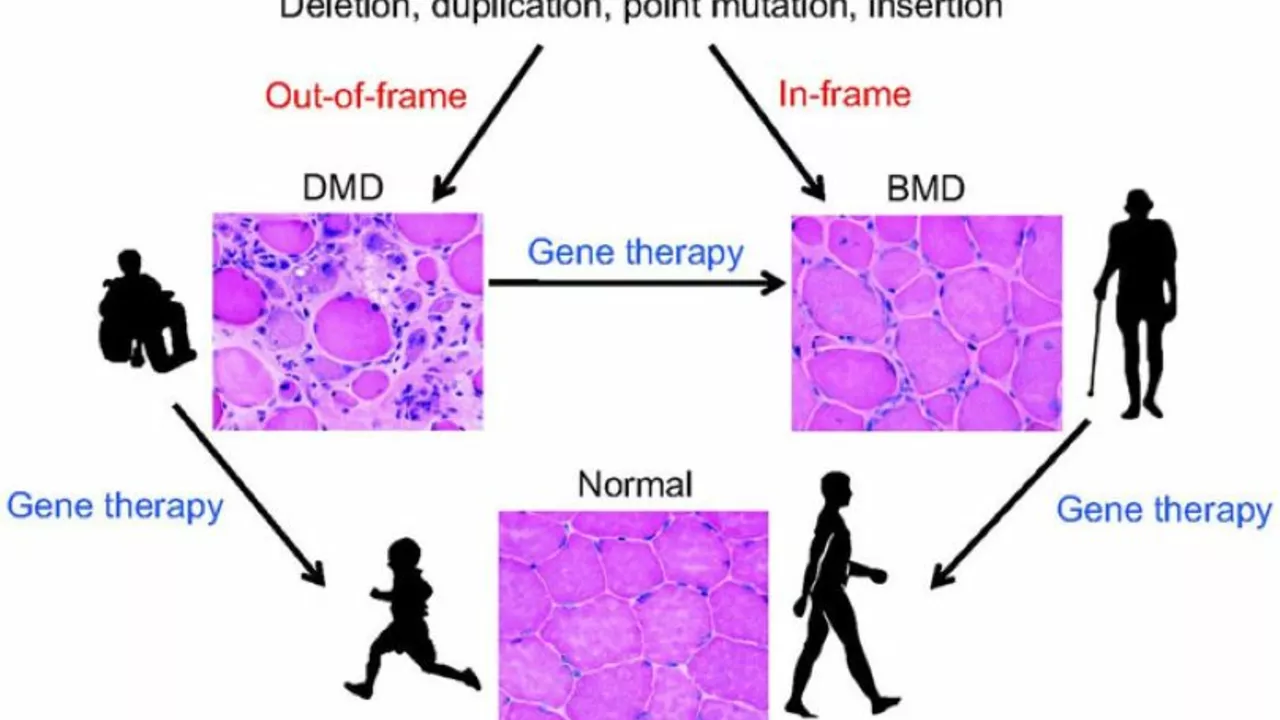Diagnosis: Clear Answers on Symptoms, Tests & Next Steps
Not sure what a symptom means? This tag collects practical, no-nonsense info to help you move from worry to action. You’ll find straightforward pieces about infections, chronic conditions, meds tied to diagnoses, and how testing fits into real care.
Start here: treat a symptom as a clue, not a verdict. A sore throat can be viral or bacterial; chest discomfort might be heart-related or from acid reflux. The difference often comes down to timing, pattern, and simple tests. Note what makes the symptom better or worse, how long it’s lasted, and any recent changes like new meds, travel, or infections in the family.
How to read tests and reports
Lab and imaging reports can look like a different language. Focus on results marked “abnormal” or highlighted by your clinician. For labs, compare your value to the reference range and ask how far outside the range it is. Small variations often don’t require dramatic changes; large shifts usually do. For imaging, ask for plain language: what did they see, and what needs follow-up? If a report suggests a possible cause, ask whether treatment starts now or after confirmation.
When to see a doctor and what to ask
If symptoms are sudden, severe, or getting steadily worse, get medical attention. Red flags include high fever with stiff neck, sudden weakness or speech trouble, chest pain, severe shortness of breath, or sudden vision loss. For slower problems—persistent cough, unexplained weight loss, ongoing fatigue—book a routine visit and bring a short timeline of symptoms plus a list of current meds and supplements.
Ask three focused questions during the appointment: What’s the most likely cause? What tests do we need and why? What should I do right now to feel better? If a medication is suggested, ask about benefits, common side effects, and interactions with anything you already take. If the diagnosis is unclear, ask about next-step tests and when to follow up.
On this site you’ll find articles that connect diagnoses to treatments—like which antibiotics match certain infections, how antidepressants compare, and what to watch for with common meds. We also cover when an online pharmacy is risky and how to spot reliable sources. Use the tag to find pieces on conditions such as COPD, Alzheimer-type dementia, joint pain, and infections where knowing the right diagnosis changes treatment.
Finally, trust your instincts. If something still feels off after tests or treatment, push for answers. A second opinion or a specialist referral is often the fastest route to clarity. Keep notes, ask for plain-language explanations, and use this tag to find practical articles that help you make the next smart move for your health.
Coping with a Duchenne Muscular Dystrophy Diagnosis: Tips for Parents
Learning that your child has Duchenne Muscular Dystrophy can be overwhelming and emotionally draining. But remember, you're not alone. There are strategies, resources, and support networks that can help you navigate this challenging journey. It's important to educate yourself about the condition, seek professional help, and focus on providing a supportive and loving environment for your child. Dealing with this diagnosis is tough, but with resilience, hope, and love, it's possible to manage and live a fulfilling life.
About
Health and Wellness
Latest Posts


How to Confirm Allergies and Interactions at Medication Pickup: A Step-by-Step Guide for Patients and Pharmacists
By Marcel Kornblum Jan 8, 2026

Unlock the Power of Jojoba: The Ultimate Dietary Supplement for Health and Wellness
By Marcel Kornblum May 27, 2023

Semaglutide: A Promising Treatment for Fatty Liver Disease and More
By Marcel Kornblum Aug 17, 2024

